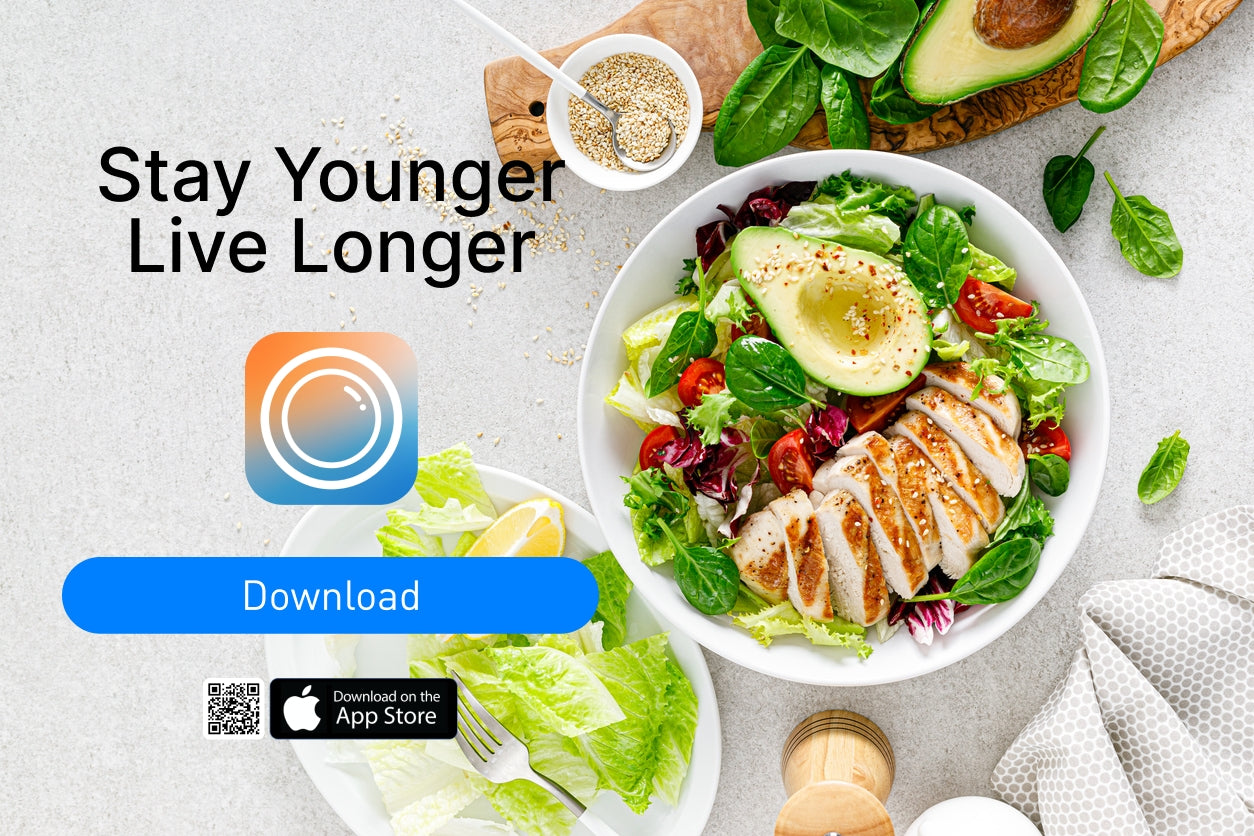
ChatGPT vs. AI-Powered Health Apps (Like Fitnexa): What’s the Difference?

-
What is ChatGPT?
-
ChatGPT does not track or personalize data. It’s a knowledge-based tool, meaning it provides general insights but does not monitor your specific health metrics.
-
It relies on existing data and doesn’t generate real-time diagnostics or personalized programs.
-
What is Fitnexa and Other AI-Powered Health Apps?
-
Identify foods that improve sleep by analyzing melatonin content.
-
Predict blood sugar responses to your meals, helping with weight management and energy levels.
-
Offer personalized recommendations by combining meal data with your activity and metabolism.
-
Wearable-integrated apps (like WHOOP, Oura Ring, and Fitbit) that monitor heart rate, sleep patterns, and activity levels.
-
AI-driven fitness coaches (like Freeletics, Fitbod, or Centr) that adapt your workouts based on progress.
-
Diet and nutrition tracking apps (like MyFitnessPal) that help you log meals, measure caloric intake, and optimize macros.
-
Key Differences Between ChatGPT and AI Health Apps Like Fitnexa
| Feature | ChatGPT | Fitnexa & AI-Powered Health Apps |
| Functionality | Provides general health, fitness, and nutrition knowledge | Tracks real-time data to generate personalized recommendations |
| Personalization | No personal health tracking | Highly personalized based on user data |
| Data Analysis | Can analyze text-based information and research studies | Processes biometric data from wearables and user inputs |
| Real-Time Tracking | No | Yes |
| Workout & Meal Plans | Can suggest general workout and diet plans (ChatGPT diet plan) | Creates customized plans based on goals and progress |
| Medical Diagnostics | No, ChatGPT is not a medical device | Some apps like Fitnexa analyze blood sugar response to meals |
| Integration with Devices | No direct integration with wearables | Syncs with smartwatches, fitness trackers, and other health tech |
-
Where ChatGPT Shines
-
Need to understand how fasting affects metabolism? ChatGPT can break it down.
-
Curious about the best pre-workout nutrition? It’ll provide research-backed info.
-
Struggling with consistency? ChatGPT can suggest behavioral strategies for success.
-
Want to know how to build a sustainable morning routine? It’ll give you evidence-based tips.
-
If you need a basic strength training program, ChatGPT can generate one.
-
If you’re wondering why protein is important post-workout, it’ll explain the science.
-
Keto vs. Mediterranean diet?
-
HIIT vs. steady-state cardio?
-
Do fat-burning supplements actually work?
-
Where Fitnexa & Other AI-Powered Health Apps Shine
-
Fitnexa monitors nutrient intake and blood sugar response, helping you make smarter meal choices.
-
Wearables like WHOOP and Fitbit track heart rate, sleep, and activity levels.
-
Fitnexa adjusts its recommendations based on your daily food intake and health goals.
-
AI fitness apps modify workouts based on your strength, endurance, and recovery levels.
-
Fitnexa gives real-time suggestions for optimizing your meals based on metabolic needs.
-
Other apps suggest custom workout intensities, recovery times, and meal timing.
-
Smart apps integrate with fitness wearables (Garmin, Apple Watch, WHOOP) for a full-picture analysis of your health.
-
When to Use ChatGPT vs. Fitnexa & AI Health Apps
| Situation | Best Tool |
| Need research-backed health advice? | ChatGPT |
| Want real-time analysis of meals & metabolism? | Fitnexa |
| Trying to understand metabolism, fasting, or hormones? | ChatGPT |
| Need real-time health tracking (sleep, HRV, recovery)? | AI-Powered Health App |
| Want AI-powered meal recommendations based on blood sugar levels? | Fitnexa |
-
The Future of AI in Health & Fitness
-
More personalized AI coaching with hyper-precise data from wearables.
-
AI-powered diagnostics that work alongside doctors for early disease detection.
-
Greater integration between AI chat models and biometric tracking.
Final Thoughts: Which One Should You Use?
References
-
OpenAI. (2023). ChatGPT Research and Application Studies.
-
American Journal of Clinical Nutrition. (2021). "Personalized Nutrition and AI: The Future of Metabolic Health."
Meet Fitnexa, your AI-driven companion that turns everyday habits into a positive, uplifting journey. From effortless meal analysis (including recipe suggestions) to personalized coaching and real-time support, Fitnexa keeps you on track toward lasting wellness — so you can stay younger, live longer.
https://apple.co/4hr8JGW





Leave a comment
This site is protected by hCaptcha and the hCaptcha Privacy Policy and Terms of Service apply.